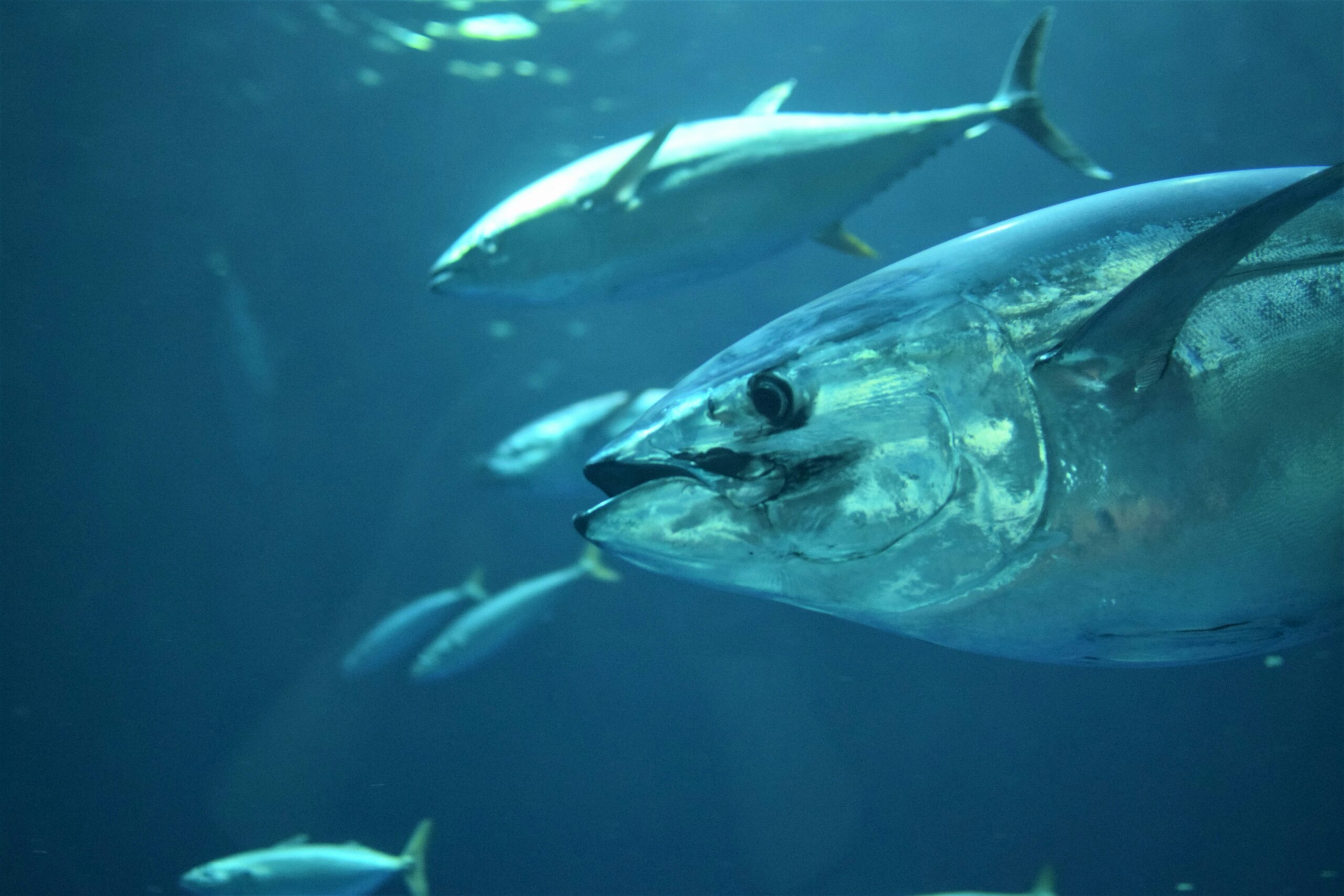Photo by Stephanie Harlacher
Record-breaking sea temperatures drive unprecedented changes
The UK’s seas have experienced their warmest start to any year since records began, with average surface temperatures in the seven months to the end of July more than 0.2°C higher than any year since 1980, according to BBC analysis of provisional Met Office data. This seemingly modest increase represents a significant milestone in the ongoing transformation of Britain’s marine ecosystems, as warming waters reshape species distribution and challenge traditional fishing communities.
Professor John Pinnegar, lead adviser on climate change at the Centre for Environment, Fisheries and Aquaculture Science (Cefas), observed: “All the way through the year, on average it’s been warmer than we’ve really ever seen [for the UK’s seas].” He added: “[The seas] have been warming for over a century and we’re also seeing heatwaves coming through now. What used to be quite a rare phenomenon is now becoming very, very common.”
Ecosystem in flux
The warming seas have facilitated the arrival of species rarely seen in UK waters, creating what researchers describe as ecosystem transformation. Dr Bryce Stewart, a senior research fellow at the Marine Biological Association in Plymouth, explained: “Things like jellyfish, like octopus… they are the sorts of things that you expect to respond quickly to climate change.” He described these changes as indicative of “an ecosystem under flux,” adding: “It’s a bit like the canary in the coal mine – the sorts of quite extraordinary changes we’ve seen over the last few years really do indicate an ecosystem under flux.”
Among the most spectacular arrivals are bluefin tuna, now appearing in large schools along the southwest coast. Harry Polkinghorne, a 19-year-old angler, described witnessing feeding frenzies: “It’s just like watching a washing machine in the water. You can just see loads of white water, and then tuna fins and tuna jumping out.”
Dr Stewart explained that bluefin tuna numbers have been building over the past decade in southwest England due to a combination of warmer waters and improved population management.
Photo by Kate Estes
Rare species provide visual spectacles in Cornish waters
Other remarkable species appearances include large blooms of salps, translucent marine creatures rarely seen in UK waters. Heather Hamilton, who snorkels off Cornwall with her father David, described encountering these organisms: “you’re seeing these big chains almost glowing slightly like fairy lights. It just felt very kind of out of this world, something I’ve never seen before.”
The Hamiltons have observed increasing numbers of these creatures over recent years, along with other warm-water species including octopus and mauve stinger jellyfish that scientists and amateur naturalists have documented throughout UK waters.
Cold-water species face mounting pressure
While warm-water species colonise British seas, traditional cold-adapted species are struggling with the elevated temperatures. Historical overfishing combined with extreme heat is pushing species like cod and wolf-fish to their limits. Dr Stewart noted: “We’re definitely seeing this shift of cooler water species moving north in general.”
The transformation has profound implications for fishing communities already adapting to changing species availability. Marine heatwave conditions have persisted around parts of the UK virtually throughout 2025, following very high sea temperatures in 2023 and 2024.
Fishing communities confront species loss and adaptation challenges
The warming trend poses immediate challenges to traditional fishing operations, as demonstrated by the experience of Ben Cooper, who has fished from Whitstable on the north Kent coast since 1997. Cooper relies heavily on common whelks, a cold-water species that comprised “pretty much 75% of our earnings.” A marine heatwave in 2022 triggered a mass die-off of these sea snails in the Thames Estuary, forcing Cooper to explain: “You take that away and all of a sudden you’re struggling.”
While whelks had begun recovering before the latest heatwave, Cooper said the losses had forced him to scale back his business. The pattern reflects broader changes affecting fishing families over decades, as Cooper recalled fishing trips with his father in the 1980s when they relied on cod: “We lost the cod because basically the sea just got too warm. They headed further north.”
Climate science links ocean warming to global emissions
The record warmth reflects the fundamental role of oceans in absorbing excess heat from human activities. Dr Caroline Rowland, head of oceans, cryosphere and climate change at the Met Office, stated: “The main contributor to the marine heatwaves around the UK is the buildup of heat in the ocean.” She predicts that “these events are going to become more frequent and more intense in the future” due to climate change.
The world’s oceans have absorbed approximately 90% of Earth’s excess heat from humanity’s emissions of planet-warming gases like carbon dioxide, making marine heatwaves more likely and intense. This warming also reduces the seas’ capacity to absorb carbon dioxide from the atmosphere, potentially accelerating planetary heating.
Broader implications for marine food systems
The ongoing species shifts suggest fundamental changes ahead for both marine ecosystems and human communities dependent on them. Dr Pinnegar suggested: “The fishers might in the long term have to change the species that they target and that they catch. And we as consumers might have to change the species that we eat.”
Beyond species distribution changes, the warmer waters present cascading effects on weather patterns, with reduced cooling sea breezes potentially amplifying land heatwaves and contributing to heavier rainfall events.
Monitoring systems document unprecedented conditions
Exceptional sea temperatures have been detected by measurement buoys off the UK coast through the WaveNet system operated by Cefas, providing real-time documentation of the marine heatwave conditions. The comprehensive monitoring reveals that while short-term weather factors like clear skies and low winds can accelerate surface heating, the underlying warming trend driven by climate change creates the foundation for these extreme conditions.
As researchers continue documenting these ecosystem transformations, the UK’s marine environment serves as a compelling case study for climate change impacts on temperate coastal waters, with implications extending far beyond British territorial limits to similar marine systems experiencing rapid warming worldwide.

